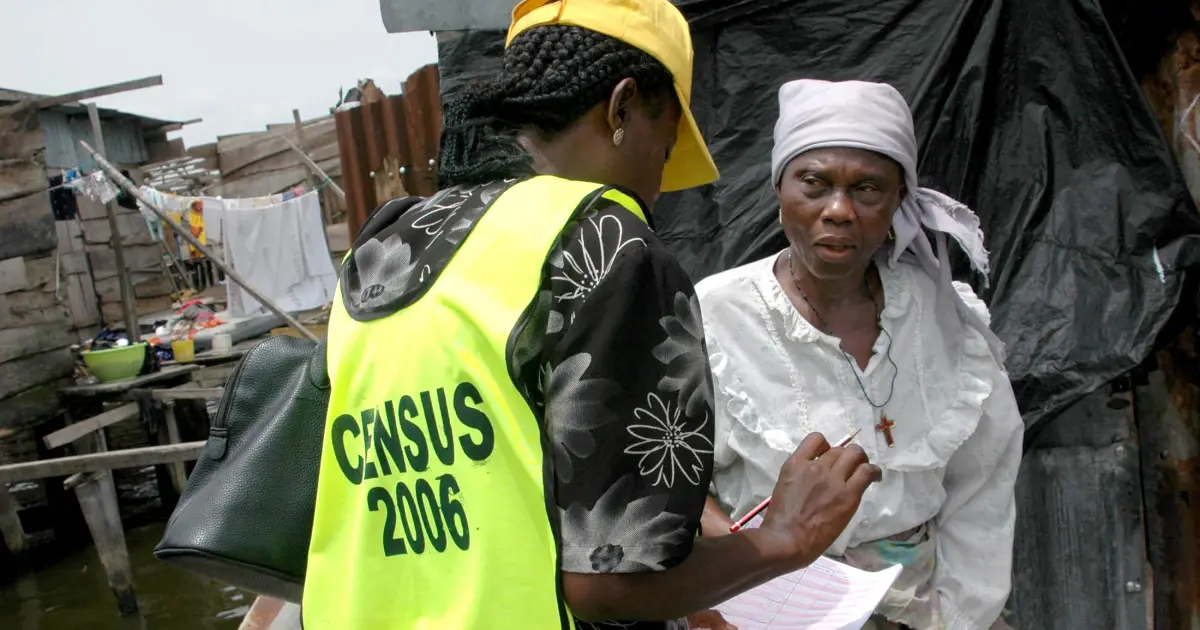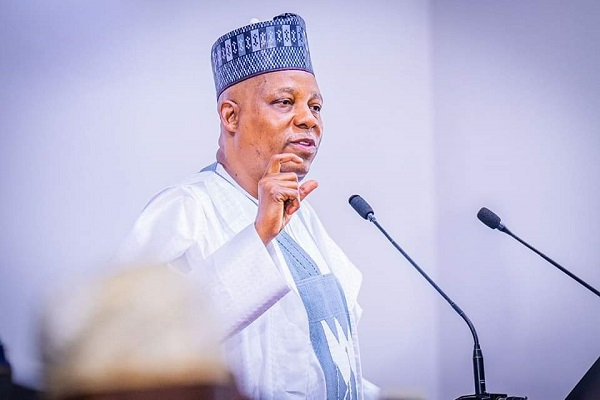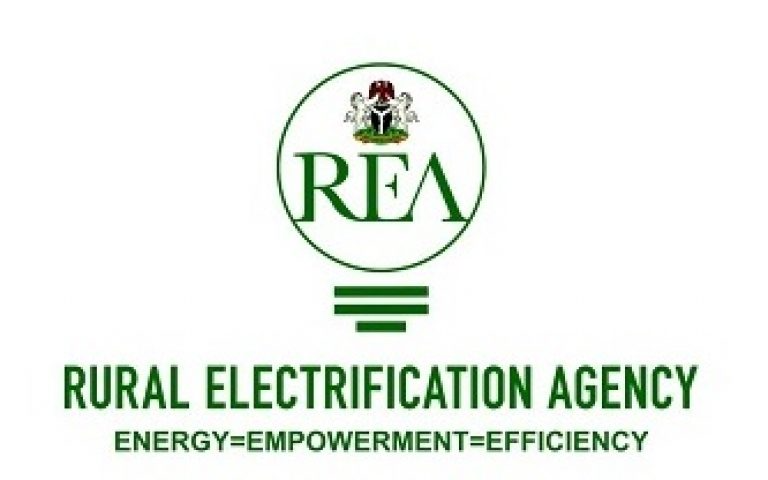The Anambra State Government announced on Tuesday its decision to withdraw from a legal suit challenging the legality of the Economic and Financial Crimes Commission (EFCC).
Naija News reports that this lawsuit, initially filed by the Kogi State Government, seeks to declare the operations of the EFCC, the Nigerian Financial Intelligence Unit (NFIU) and the Independent Corrupt Practices Commission (ICPC) as unconstitutional.
Through a notice dated October 20, Anambra’s Attorney General, Prof. Sylvia Ifemeje, informed the Supreme Court of the state’s decision to step back from the case.
Meanwhile, Osun State, represented by its Attorney General, Mr. Oluwole Bada, sought to join the suit and consolidate its own grievances against the EFCC with those of Kogi State. Osun State is pursuing similar reliefs, seeking to challenge the EFCC’s authority.
At Tuesday’s hearing, a seven-member panel of the Supreme Court, led by Justice Uwani Abba-Aji, also noted the absence of Sokoto State, which had previously been a co-plaintiff but did not send a legal representative.
Other states present in the case include Kogi, Kebbi, Katsina, Jigawa, Oyo, Benue, Plateau, Cross River, Ondo, Niger, Edo, Bauchi, Adamawa, Taraba, Ebonyi, Imo, and Nasarawa.
Representing the federal government, Attorney General of the Federation and Minister of Justice, Prince Lateef Fagbemi, SAN, did not oppose Anambra’s request to withdraw from the case.
The case stems from a collective legal action by 16 states against the EFCC, arguing that the anti-graft agency was not constitutionally established by the administration of former President Olusegun Obasanjo.
The states claim that section 12 of the 1999 Constitution was violated, as the EFCC Act, passed by the National Assembly in 2002 and later amended in 2004, did not receive the required approval from a majority of state Houses of Assembly.
The plaintiffs assert that the EFCC’s establishment under the United Nations Convention Against Corruption did not comply with constitutional requirements, rendering its operations illegal in states that did not consent to the law. They argue that, based on the supremacy of the 1999 Constitution, any act inconsistent with it should be considered null and void.
Kogi State, in its submissions to the Supreme Court, raised six key issues and sought nine major reliefs. Among them is a request for a declaration that the EFCC, the Nigerian Financial Intelligence Unit (NFIU), or any other federal agency does not have the power to investigate or manage funds belonging to Kogi State or its local government areas without state consent. Kogi also contends that federal agencies lack the authority to issue directives regarding the administration of state funds.

 1 month ago
3
1 month ago
3















 English (US) ·
English (US) ·